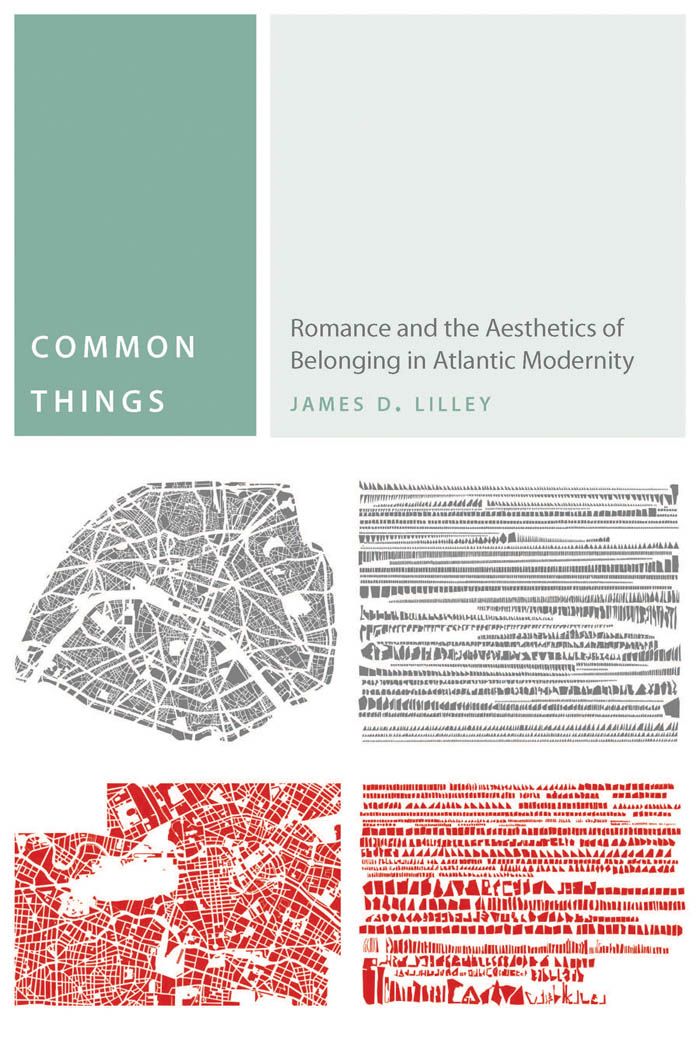Common Things
Romance and the Aesthetics of Belonging in Atlantic Modernity

This book can be opened with

What are the relationships between the books we read and the communities we share? Common Things explores how transatlantic romance revivals of the eighteenth and nineteenth century influenced—and were influenced by—emerging modern systems of community.
Drawing on the work of Washington Irving, Henry Mackenzie, Thomas Jefferson, James Fenimore Cooper, Robert Montgomery Bird, and Charles Brockden Brown, the book shows how romance promotes a distinctive aesthetics of belonging—a mode of being in common tied to new qualities of the singular. Each chapter focuses on one of these common things—the stain of race, the “property” of personhood, ruined feelings, the genre of a text, and the event of history—and examines how these peculiar qualities work to sustain the coherence of our modern common places.
In the work of Horace Walpole and Edgar Allan Poe, the book further uncovers an important— and never more timely—alternative aesthetic practice that reimagines community as an open and fugitive process rather than as a collection of common things.
“James Lilley’s book demands an accounting of historicity at an important moment in the field. Common Things offers not only insightful readings of a range of texts but also needed reflections on how our historical sensibilities are part of the blend.”
Scrupulously researched with keen interpretive insight, James Lilley's Common Things is a gripping analysis of the transatlantic traditions of Gothic, sentimental, and historical romance. In offering a new way of understanding citizenship, it reconfigures the aesthetics of modernity. A wonderfully rich interdisciplinary study.

